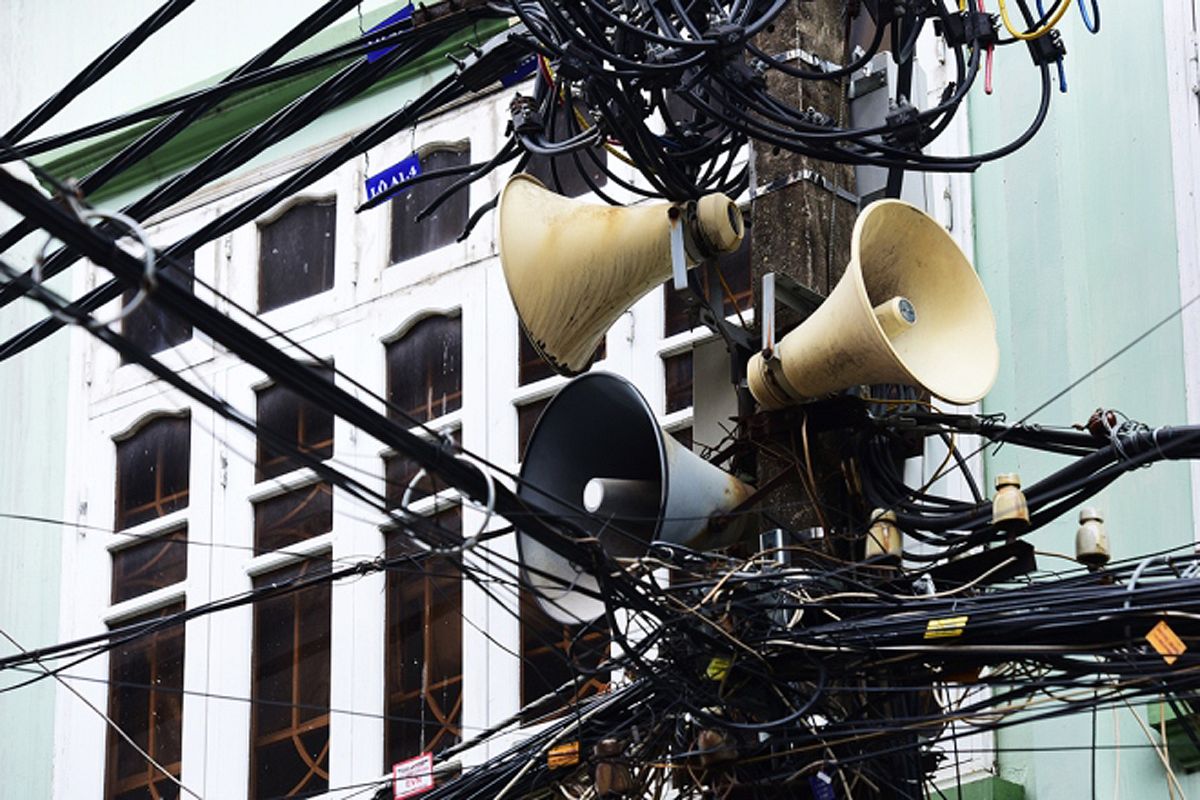Since the beginning of August, flooding and landslides have devastated northwest Vietnam, leaving ethnic minorities living in extreme poverty at the highest risk of property damage and loss of life.
The floods hit Son La, Dien Bien, Yen Bai and Lai Chau provinces the hardest. These are some of the poorest regions in the county. The death toll has reached at least 27, with many more people still missing. Nearly US$43 million worth of damage has been reported.
“Families here are devastated, especially those who lost family members, homes and livelihoods,” said Tran Thi Hong An, Vice President of Red Cross Vietnam, in an update on their official site. “We will continue to coordinate with the governments of the affected provinces in order to provide appropriate support now and for long-term recovery.”
According to the Humanitarian Logistics Association, over 228 houses were destroyed in the storms. The Red Cross also believes that many households in more remote flooded areas have not yet been reached.
Unfortunately, the problem is not only the weather. These disasters are tied to an intricate mix of factors such as infrastructure, climate and the economy. This picture is a widely misunderstood concept. Those who tend to be the most affected, such as the country’s ethnic minorities, tend to be the least represented in Vietnam's economic success.
An article in The Conversation states: “Ethnic minority groups, predominantly the Tay, Thai and Hmong peoples, compose approximately 80% of the population in the [northwest] region.” The poverty rate among ethnic minorities in this area is a staggering 73%, with 45.5% living in extreme poverty. Comparatively, within the Kinh majority (88% of the national population), the rate of extreme poverty is just 2.9%.
Combined with insufficient infrastructure, education, transportation, health care and overall public services, the region is left incredibly vulnerable. As many of the ethnic minorities work as subsistence farmers, flooding completely devastates them. “Unfortunately,” the news source adds, “a serious critique of the root causes of disasters like this one is almost completely absent in the media.”
Hydropower projects, designed to maximize profits in the provinces mentioned above, have displaced a number of ethnic minority communities in the north. These large-scale dams require relocating all those who live around their reservoirs. International Rivers reported that as of 2010, 91,000 people had been not only resettled, but also moved to different landscapes and climates than they were used to, which further impacted their livelihoods.
While relief projects are underway following the recent flooding, there are still glitches in the system. Dutch NGO CORDAID reports: “The involvement of vulnerable groups is still limited and in effect the plans are still managed in a top-down manner.”
[Photo via Phys.org]















